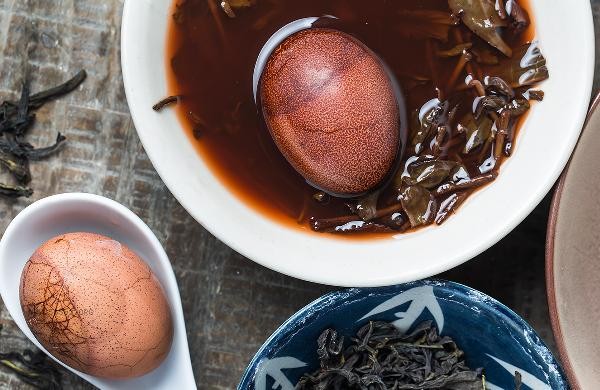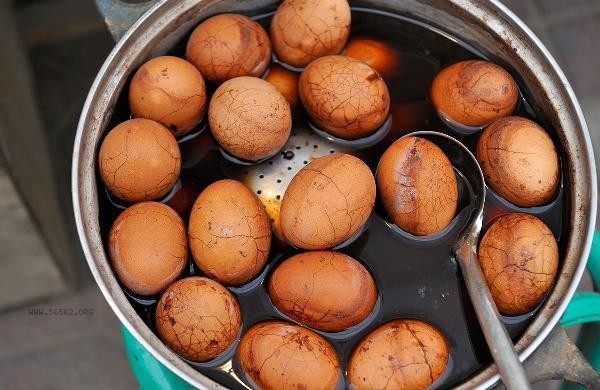Tea egg still contain protein, but the content is slightly lower than boiled eggs. The protein of Tea egg mainly comes from the egg itself. After brine processing, part of the protein may be reduced due to long-term heating or osmosis, but it is still the source of high-quality protein. During the braising process, tea leaves will react with eggshells to form patterns, but this process has a relatively small impact on protein. The protein in eggs is mainly concentrated in the egg white and yolk, with the egg white containing albumin, transferrin, etc., and the yolk containing high phosphorus protein, low-density lipoprotein, etc. During braising, salt and spices may penetrate into the egg, causing a small amount of soluble protein to be lost, but the core protein structure remains stable. Every 100 grams of Tea egg contain about 12 grams of protein, which is little different from the 13 grams of boiled eggs. It can still meet the human body's demand for essential amino acids. In special circumstances, if the braising time is too long or the heating is repeated, the protein may undergo excessive denaturation, and the digestion and absorption rate may decrease. High temperature and prolonged cooking may cause Maillard reaction between some amino acids such as lysine and sugars, but the loss usually does not exceed 10%. Commercially produced Tea egg may be added with too much soy sauce or spices, and the sodium content is high, which may affect the utilization rate of protein, but has no direct impact on the total amount of protein.

It is recommended to choose Tea egg with moderate stewing time to avoid repeated heating. Eating vegetables and fruits in combination can improve protein utilization, and hypertensive patients need to control their consumption. Egg allergy sufferers should avoid consumption, and those with weak gastrointestinal function can remove egg yolks to reduce burden. In daily diet, Tea egg can still be used as a convenient source of protein supplement, but should not completely replace more light cooking methods such as boiled eggs.










Comments (0)
Leave a Comment
No comments yet
Be the first to share your thoughts!